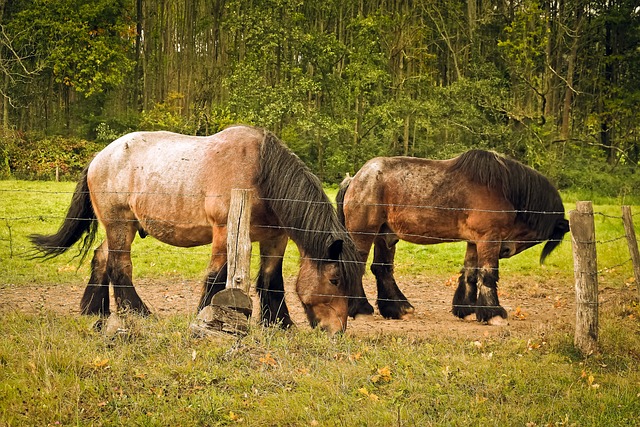fortunate son ⚾ Fortunate Son: The Complex Tapestry of Privilege and Responsibility

Fortunate Son: The Complex Tapestry of Privilege and Responsibility
In a world where the chasm between affluence and adversity continues to widen, the concept of privilege often evokes a complex mix of admiration and scrutiny. The term "fortunate son" has historically been associated with individuals who, due to their lineage or financial status, are afforded opportunities that remain out of reach for many. However, the implications of this privilege extend beyond mere economic advantage; they prompt a deeper exploration of responsibility, societal expectations, and the potential for meaningful change.
Privilege, inherent in the very definition of a "fortunate son," is not a static phenomenon. It manifests in various forms—economic, social, and cultural capital—and influences the life paths of those who possess it. While some individuals may inherit wealth and status, others leverage their backgrounds to access education, networks, and opportunities that fuel their ambitions. This dynamic landscape raises critical questions: Does privilege solely grant an advantage, or does it also impose a moral obligation to uplift others?
A significant aspect of privilege is the responsibility that accompanies it. Fortunate individuals are often in positions to effect change, whether through philanthropy, advocacy, or simply by using their platforms to raise awareness about pressing social issues. In recent years, there has been a notable shift among many privileged individuals who recognize their role in addressing systemic inequalities. This shift is not merely a trend; it reflects a growing consciousness about the societal structures that perpetuate disparity.
Moreover, the conversation around privilege is evolving, fueled by movements striving for equity and justice. As voices from marginalized communities gain prominence, the "fortunate son" narrative is being challenged and redefined. The call for accountability is louder than ever, urging those with privilege to reflect on their impact on society and consider how they can contribute to dismantling barriers faced by the underprivileged. fortunate son
One compelling example of this evolving narrative is seen in the realm of social media, where influencers and public figures use their platforms to advocate for various causes. The visibility of these efforts can amplify marginalized voices and bring attention to issues that might otherwise be overlooked. However, this raises another important question: Is influence alone sufficient, or must privileged individuals engage more deeply with the communities they aim to support?
The answer may lie in a balance between advocacy and action. While raising awareness is crucial, it is equally important for those with privilege to leverage their resources and connections to enact tangible change. This could mean investing in education, supporting local businesses, or advocating for policies that promote equity. The journey from recognition of privilege to active engagement is not always straightforward, but it is essential for fostering a more inclusive society.
In addition, the concept of the "fortunate son" can be examined through the lens of mentorship and leadership. Many who have benefited from privilege feel a sense of duty to guide and support those who may not have had the same advantages. By cultivating relationships and sharing knowledge, privileged individuals can help to level the playing field, creating pathways for others to succeed. This reciprocal relationship not only benefits the mentees but also enriches the mentors, fostering empathy and understanding.fortunate son

However, it is vital to approach mentorship with humility and an awareness of the power dynamics at play. The goal should not be to impose one's vision or solutions onto others but to listen, learn, and collaborate. Acknowledging the unique experiences and perspectives of those from different backgrounds is key to fostering authentic connections and effective support systems.fortunate son
As we navigate the complexities of privilege, it is essential to recognize that the narrative of the "fortunate son" is not one-dimensional. It encompasses a spectrum of experiences, responsibilities, and opportunities for growth. By embracing this multifaceted understanding, individuals can move beyond complacency and toward a more engaged and socially responsible existence.
Ultimately, the journey of the fortunate son is one of transformation—an invitation to reflect on privilege, embrace accountability, and commit to the greater good. In a world where disparities persist, the potential for positive change lies within those who are willing to confront their privileges and use them as a force for good. The time has come for a new generation of fortunate individuals to step forward, not just as beneficiaries of their circumstances but as champions for equity and agents of change in an ever-evolving society.fortunate son

Fale conosco. Envie dúvidas, críticas ou sugestões para a nossa equipe através dos contatos abaixo:
Telefone: 0086-10-8805-0795
Email: portuguese@9099.com


